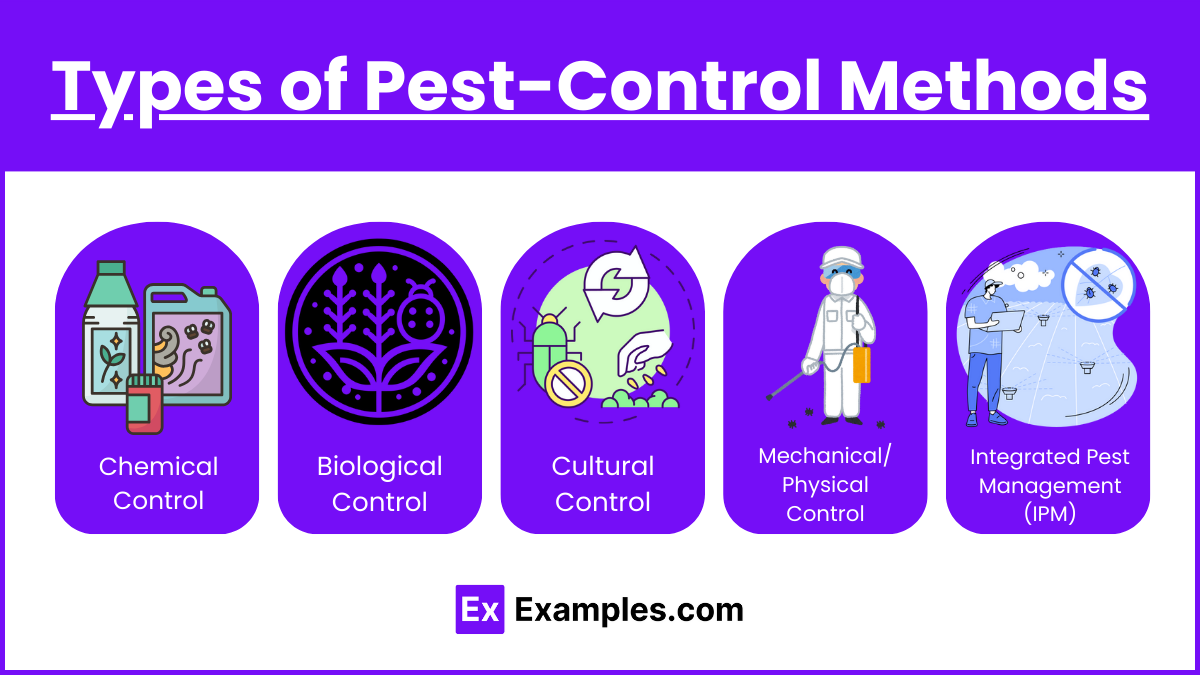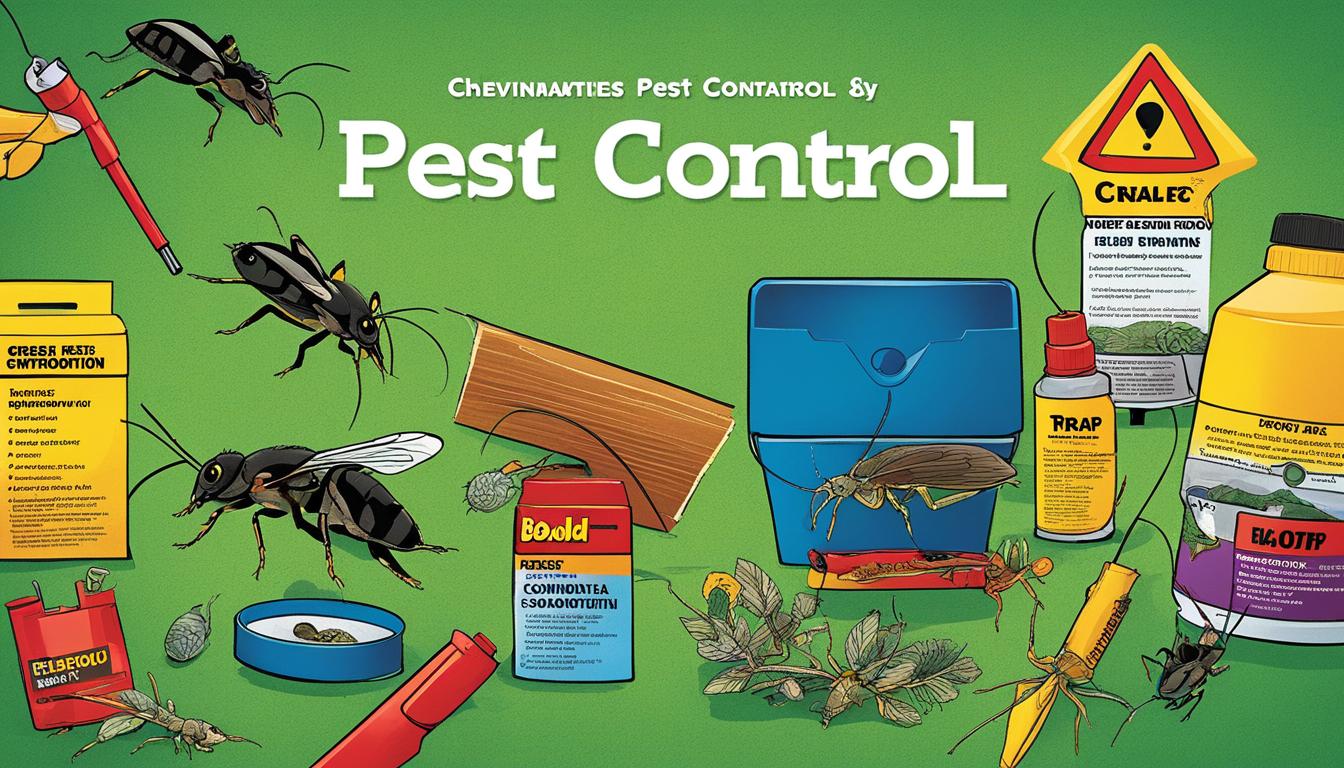Things about Pest Control
Things about Pest Control
Blog Article
Some Known Details About Pest Control
Table of ContentsAbout Pest ControlThe Single Strategy To Use For Pest ControlSome Known Details About Pest Control Some Known Incorrect Statements About Pest Control How Pest Control can Save You Time, Stress, and Money.Rumored Buzz on Pest Control
Our searchings for show that the first assessment will certainly set you back anywhere from $160-$300 on average. Preferably, homeowners ought to arrange analyses for their homes a minimum of annually. From there, lots of pest control men set rates based on the customer's particular demands. This generally sets you back anywhere between $400-$1000 for the entire year's insurance coverage, with monthly or bi-monthly sees already rolled right into the final price.Depending on the problem, a job that needs a single see normally costs $300 to $550. These are the simplest rates to describe in your insect control costs listing.
Insects that typically calls for recurring brows through include: Roaches. Our searchings for reveal that a first check out is concerning $180 and is the initial of a recurring contract. During this very first see, you should: Examine the issue.
12-month contract. As a whole, the frequency of regular brows through is: Every month: $40 45. Every 2 months (semi-monthly): $50 60. Every three months (quarterly): $100 300. Parasite control is a chemically-intensive company. After all, chemicals are the key materials that pest control experts use to finish a job. Typical chemicals consist of: Boric acid.
Unknown Facts About Pest Control
Important products and products you'll utilize consist of: Respirator. Sprayer. Handwear covers. Duster. Foamer Baiting devices. UV light. Other safety and security equipment. It's important to have all of the right tools before starting a task. Your tools must be consisted of as component of your expenses prices. If you have staff members, after that labor expenses are mosting likely to be the biggest expenses for your company.
Limitations of Chemical Monitoring Be able to evaluate parasite troubles, determine if management is necessary, and make ideal recommendations using IPM methods. Be acquainted with different methods of parasite administration - their advantages and restrictions.
This phase talks about (IPM), an approach that makes use of knowledge about bugs and their, practices, nonchemical techniques, and pesticides to handle insect troubles. Extra details regarding IPM for certain plants is included in phases that concentrate on those plants. Nonchemical insect control measures are stressed in chapter 17, "Organic Gardening." Managing birds and mammals is covered in chapter 20, "Wildlife." Handling in the backyard and garden is covered in chapter 6, "Weeds." Parasites in a yard or landscape might consist of bugs and termites, weeds,, mammals, and birds.
Some Known Facts About Pest Control.
Lots of people hurry to pull, hoe, or spray every weed they see. Bugs and weeds, nevertheless, play a function in the. After planting a yard or developing a lawn, the natural process of plant succession begins to improve and nonnative plants. A weed expanding in a grass represents the initial stage in a sequence of occasions that, if enabled to continue, can at some point result in a forest.
What we call "insects" become part of an all-natural system at the office. An ecological community has no pests. Just humans consider particular types bugs when they occur where they are not desired. We will certainly be more successful in handling unwanted species when we understand that these organisms adhere to foreseeable patterns that we can make use of to our benefit.
Insects susceptible to a chemical were quickly killed, leaving resistant ones to reproduce and increase. It came to be clear that pesticides alone would certainly not address all parasite issues.
An IPM plan allows some level of pests in the atmosphere. Bugs are a lot less most likely to make it click over here through a program that uses numerous different methods of reducing their populations. Integrated bug administration was very first suggested by entomologists because bugs were the initial group of insects to verify hard to handle with chemicals alone.
Facts About Pest Control Revealed

Management rather than removal of bugs is the goal. An IPM plan starts with a mindful assessment of each insect problem. Just after that can one determine about the appropriate techniques required to suppress parasite tasks. The life cycle of the parasite, feasible damages, all-natural adversaries, and impacts of weather condition, amongst various other variables, are taken into consideration prior to a control strategy is implemented.
Clover growing in a grass may be considered as an unwanted weed, however as a bean it is manufacturing nitrogen for the dirt and the flowers are supplying nectar to honey and various other. Tolerance for some weeds may become part of an IPM plan. may be eating the fallen leaves of a plant, however when they are identified as the larvae of Eastern tiger swallowtail butterflies, their damages might be tolerated so look what i found we can delight in the attractive butterfly.
Number 81. Brownish lacewing larva (Hemerobiidae family). Pest Control. Matt Bertone Avoidance is the first tool in parasite administration since it is one of the most effective, least expensive, the majority of ecologically pleasant service. Selecting a healthy plant that thrives in the preferred location with the available light, planting it carefully, and ensuring that it has sufficient water and nutrients avoids stress and anxiety and lessens parasite problems.
What Does Pest Control Do?
The second essential tool in insect management is very early treatment. Being existing and observant in the garden ensures very early detection. Reacting to issues quickly, prior to they have time to increase, needs a less significant treatment. The 3rd crucial tool is recordkeeping; tracking what happens in the yard makes it possible for a garden enthusiast to identify patterns and make educated choices.
Numerous risk-free, functional, nonchemical approaches of plant security and parasite management might decrease or get rid of the need to spray. Other approaches are most beneficial when used with chemicals. To apply monitoring methods properly and to reduce losses, garden enthusiasts must understand the kinds of pests that strike plants and comprehend pest biology.
Insect monitoring methods drop right into 4 groups: social, mechanical, biological, and chemical. Keeping plants healthy and balanced and stopping plant anxiety aids plants to better endure and repair the damage triggered by a bug or mite insect. Some evidence indicates that healthy and balanced plants resist invasion by pests better than plants with reduced vitality.
Carrying out a dirt test and using just the recommended amount of plant food and lime takes full advantage of the advantage to the plant while minimizing issues associated with too much use plant food. Treatment the dirt with numerous inches of compost protects the plant in numerous ways: minimizing soil water loss to dissipation, minimizing weed competition, offering nutrients, and creating an ideal environment for earthworms and microorganisms that keep the soil loose for roots and break down organic material to release nutrients.
The Ultimate Guide To Pest Control

If tilling is regarded necessary, take into consideration doing it in the loss when the life cycles of more info here lots of pests brings them near the surface. At the surface, bugs become exposed to the weather as well as birds and other all-natural opponents.
Report this page